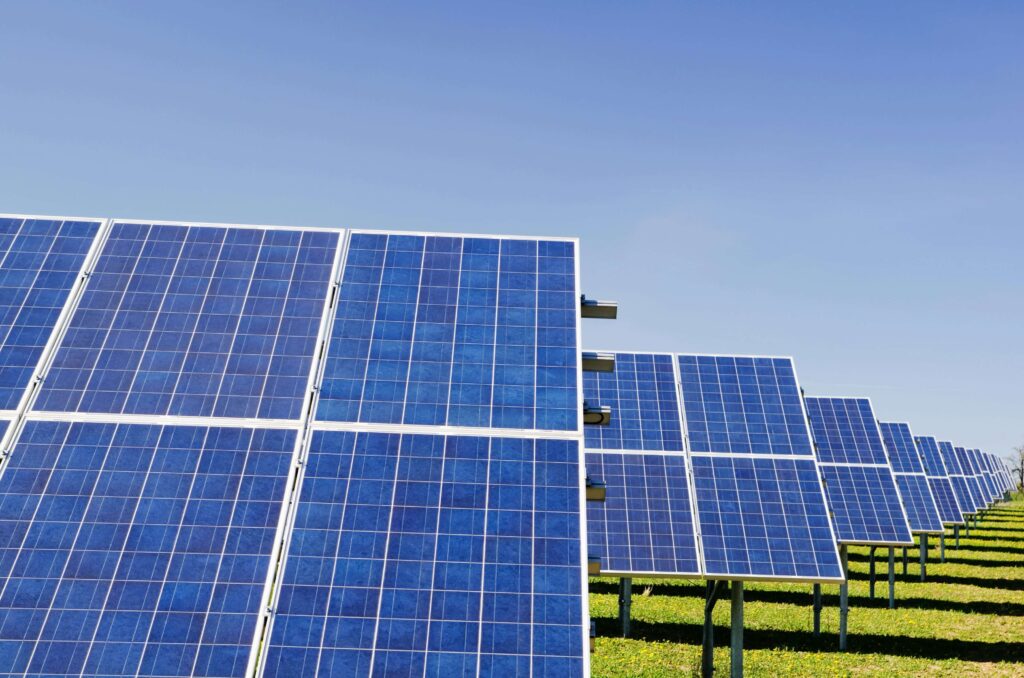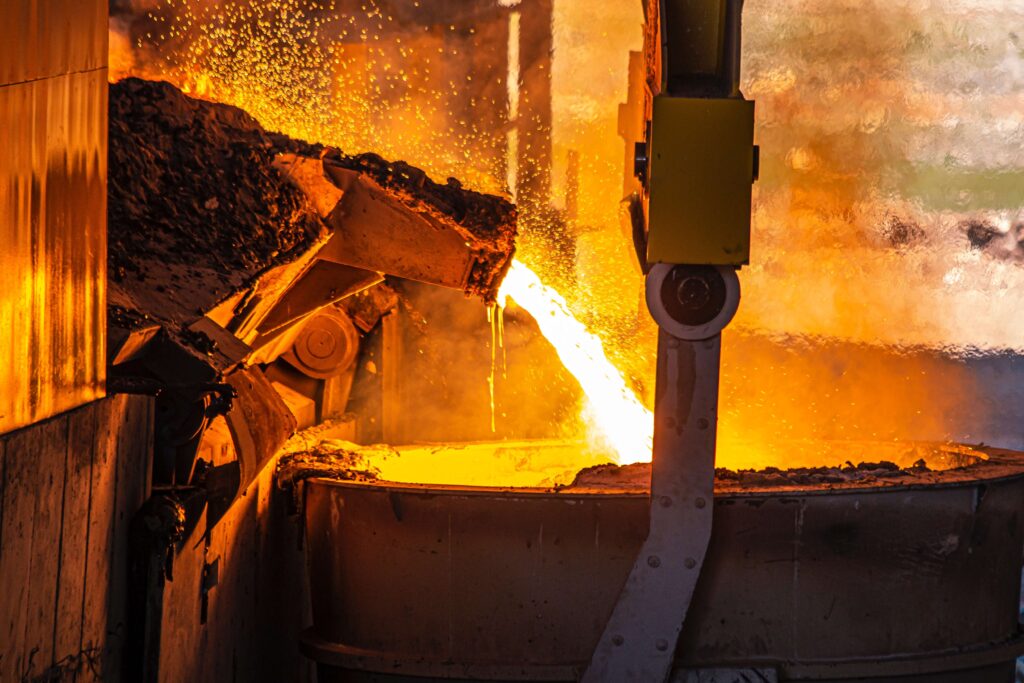Posts Tagged ‘Built environment’
November 2023
CONTENTS
– Some environmental statistics
– Global warming rate
– China and India struggle to curb fossil fuels
– Renewable hydrogen takes flight with octocopter
– Space-based solar power
– New Scottish blade a ‘step change’ for tidal energy
– Power grids investment needed
– World’s tallest wooden tower to be built in Australia
August 2023
CONTENTS
– Tracking Clean Energy Progress: IEA Report
– Selected charts tracking how countries are meeting their commitments to reduce GHG emissions
– China’s Climate Priorities
– Exxon Mobil 2023 energy outlook
– Calls for crackdown on fossil fuel company greenwashing
– Solar power cell innovations break key energy threshold
– Mining giants trial world-first hydrogen pilot for alumina
– South Korea’s Kepco joins Western Australian hydrogen hub
– Prospectors hit the gas in the hunt for ‘white hydrogen’
– $4.6 billion plant in South Africa will make ‘the fuel of the future’
– Farmers on frontline as Dutch divided by war on nitrogen pollution
– World’s largest ‘wood city’ to be built in Stockholm
– Attending ESR Committee Meetings – A request for feedback
June 2023
CONTENTS
– The clean energy investment boom (pictured)
– Rock flour from Greenland can capture significant CO2, study shows
– The path to radically lower emissions
– Global Energy news
– L.A. and other cities are recovering, but not their downtowns. Why?
– Asia’s largest timber building
– A review of the book “What we owe the future”
Building For Climate Change
Current scientific advice indicates the key design requirement for the safety of all humanity’s infrastructure and the wellbeing and sustainability of natural ecosystems and species is an 80% reduction of fossil fuel production within two decades.
To meet social & economic needs while phasing out this energy source, we will need to consider the consequential issues of a sustained decline in energy supply and material consumption in all sectors of the economy.
Read MoreWatch video: The framing and reframing of public policy in New Zealand
The way in which we describe any major social problem largely determines the kind of policy we eventually consider for dealing with it. In this webinar, Michael Hanne explores the ways in which two issues, Poverty and the Housing Crisis, are generally “framed” in public discussion in New Zealand. He offers critiques of that framing and asks how they might usefully be “reframed” in a socially more responsible way. He ends by inviting the audience to talk about other issues they feel need to be reframed.
Read MoreWhat it takes to be a climate prepared city
Adapting to the many and various challenges of global warming, from an urban development perspective, requires an understanding of the hydrological landscape that underlies the city so that a master plan can emerge that increases green space and public space, encourages biodiversity, and reduces flooding and the possibility of flood-water contamination.
Read MoreGreen steel
Steel is one of those materials that we cannot imagine a future without. Although there are some applications where wood based materials can replace it, its just such a useful material and it can be fully recycled, so surely there’s a way of producing it which doesn’t cost us the earth.
Read MoreTamaki Campus
The built environment is the main cause of climate change. How we build determines not only how we use, or waste, resources. It also determines how we live, work, and need to travel. Even more importantly how we build determines our ability to make moral decisions. A disempowering built environment, in which everyone lives in someone else’s architecture, becomes a prison. The door is open, but the mortgage needs to be paid. An empowering built environment would allow owner‐builders to make moral choices about their own lives. The Auckland Unitary Plan is little more than a commitment to dramatically increasing climate change in the next thirty years. A consumer society consuming diminishing resources.
Read MoreSubmission to Auckland Council on the draft Auckland Long Term Plan 2012-2022
Engineers for Social Responsibility Incorporated supports the general direction being taken by the Auckland Council in the Draft Long Term Plan 2012-2022.
Read MoreSubmission to Ministry of Business, Innovation, and Employment on the Building for Climate Change Framework
As a group of professional engineers, Engineers for Social Responsibility Inc strongly endorses MBIE’s commitment to meet the government’s Carbon Zero targets by 2050, and the implementation of changes to our Building Consent regulations that will improve operational efficiencies and reduce lifecycle carbon emissions from New Zealand’s building stock.
Read More





